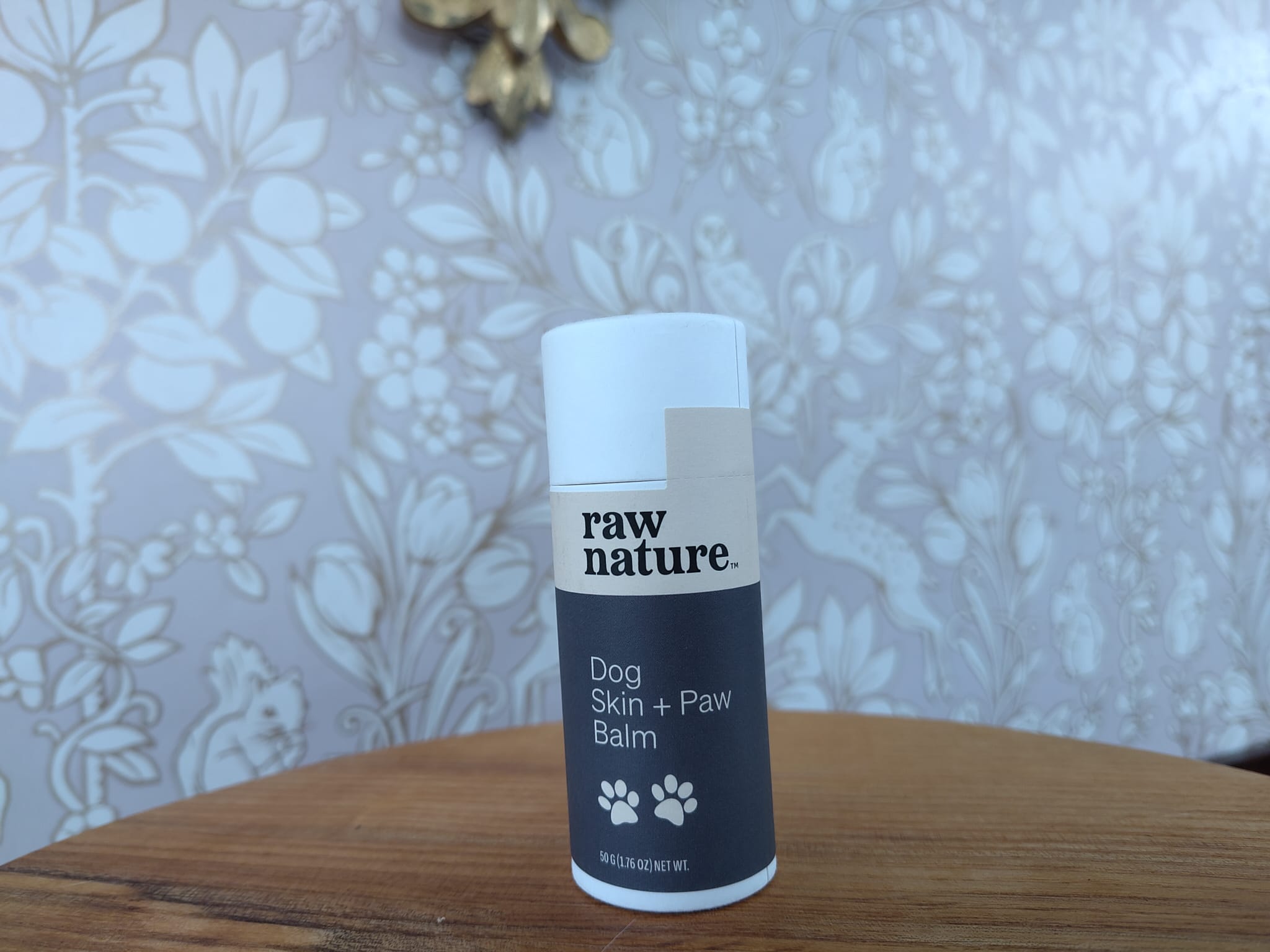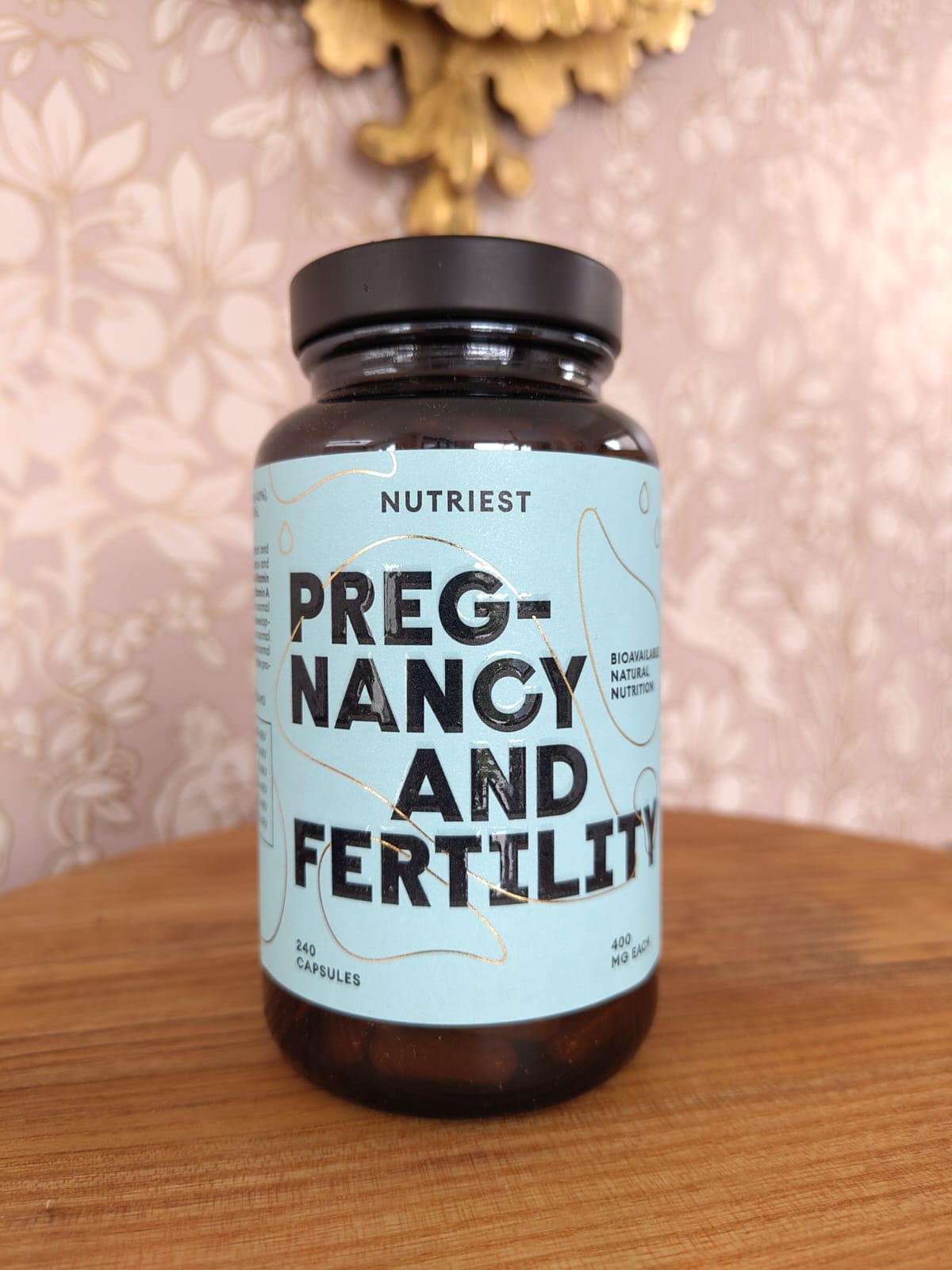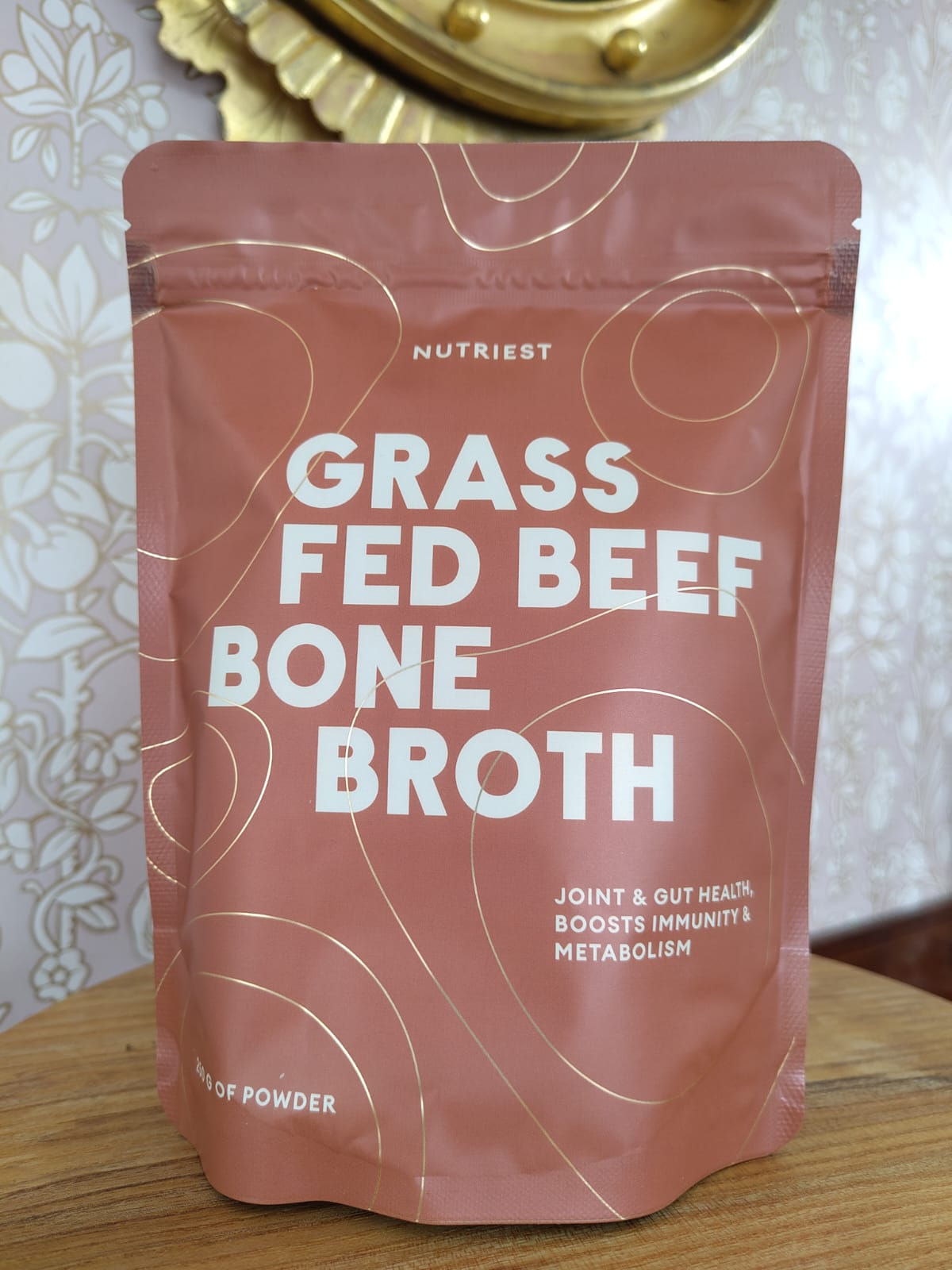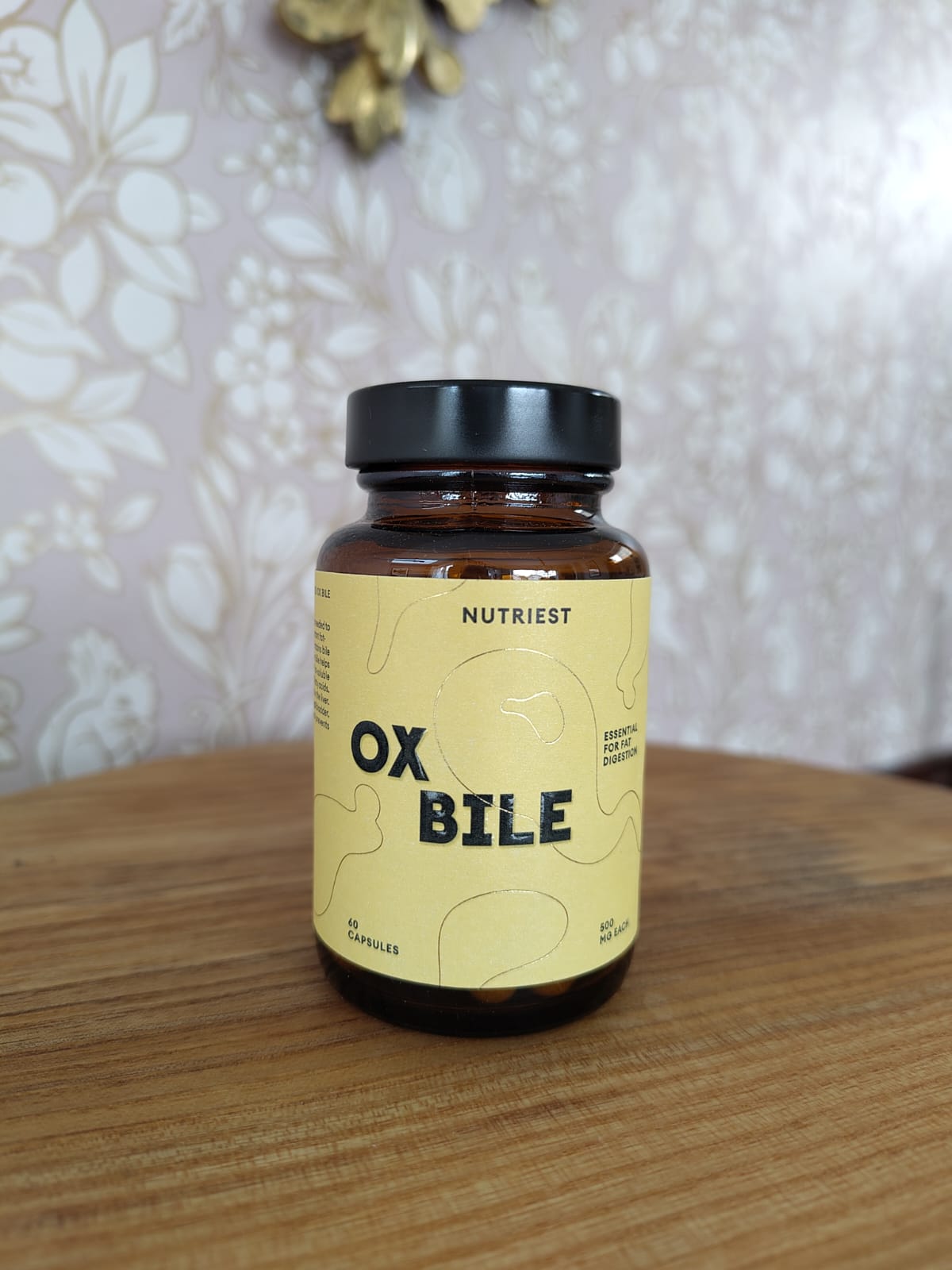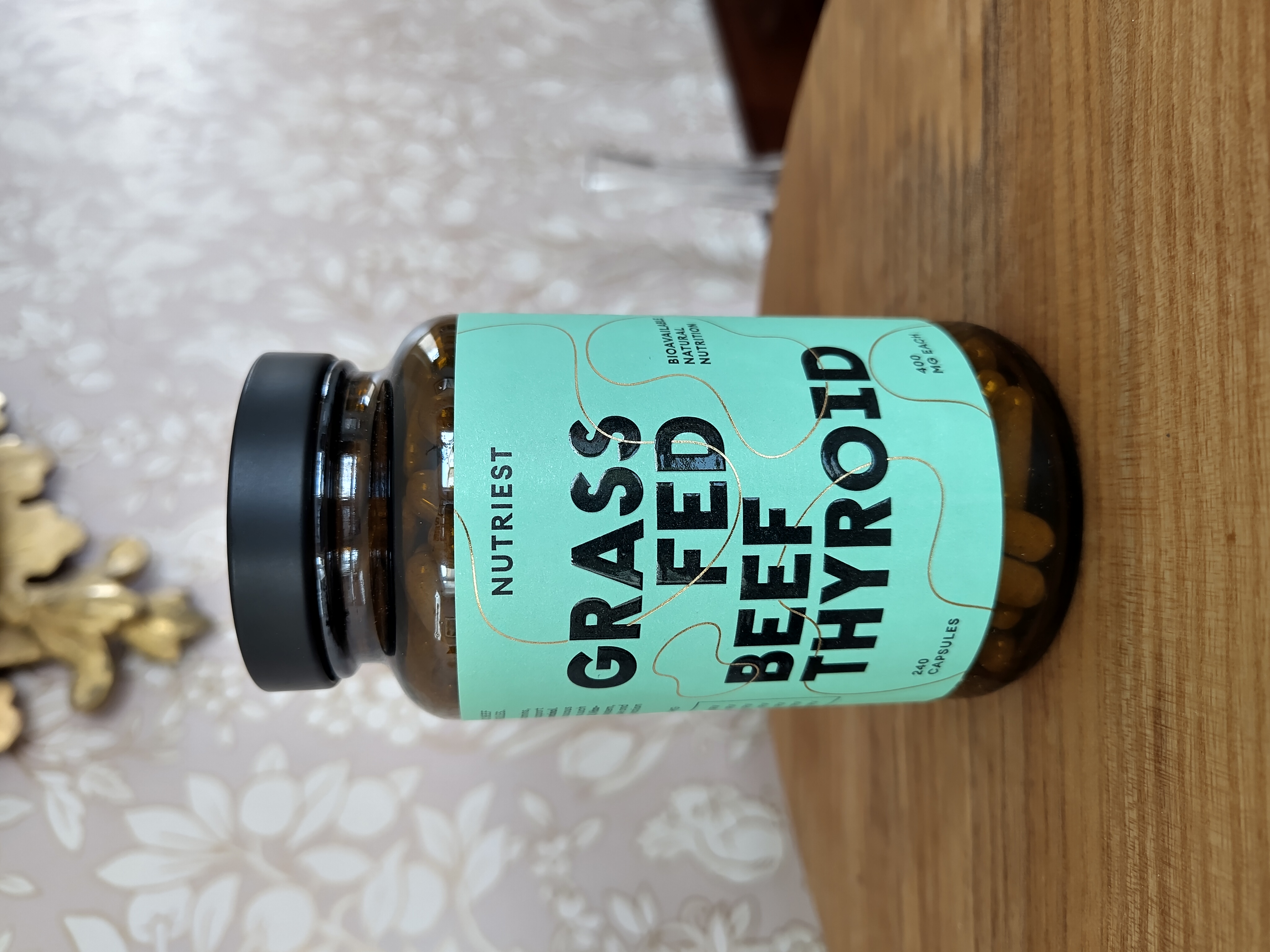COVID-19 is an infectious virus that affects the upper respiratory tract. Its asymptomatic incubation period has been found to be up to 30 days though most cases manifest within 14 days. It is transmitted by respiratory droplets from infected individuals. It is not airborne. As any information I have been able to find on how to protect yourself is extremely basic (handwashing and so on), I decided to put some information together on boosting our immune systems. A robust immune system is much better able to fight off any pathogen it may be exposed to, it also means symptoms will be less severe and recovery quicker.
Viruses need a host to replicate because they lack the components needed to do so, though they do contain their own RNA or DNA. Once they have gained access (mainly though inhalation, cuts and insects), they hijack a cell, change it from the inside out (so to speak) and cause it to replicate itself many thousands of times over. The incubation period is generally the time after they have infected a host and before they have replicated enough to trigger symptoms of an immune response. In the case of COVID-19 elevated temperature, cough etc. The following are some easy to implement ways to use foods to support your immune system as it mounts a defence against any viral infection.
Bone broth: using the bones of animals and fish to make stocks/broths/soups was common practice in most cultures, chicken broth is still a well-known flu remedy. This nutrient dense, and very tasty, food/drink (I usually have a small cup every morning) supplies many minerals and amino acids in a pre-digested form. You can make your own, make sure the bones are free range (https://organicmeat.ie/ sell organic chicken carcasses) or buy some. Two good quality Irish suppliers are https://sadieskitchen.ie/ and https://carolsstockmarket.com/. The length of time cooking the bones is important, it should be a minimum of 12 hours for poultry and 24 for cattle.
Fermented foods: culturing or fermenting is the traditional way to preserve fruits and vegetables. The bacteria naturally found on the foods multiply in anaerobic environments, keeping food fresh and tasty for months. These bacteria help support a healthy gut, which in turn promotes a more robust immune system. One of the main Genus of bacteria found in fermented fruits and vegetables is Lactobacilli. Here are the results of some studies on lactobacilli species and viruses:
- A strain of plantarum in mice increased IgA production in the lungs and increased length of survival time in mice injected with a lethal dose of influenza.
- Another study on the strain pentosus significantly extended the survival period of mice who had also been given a lethal influenza dose, again by increasing IgA levels.
- A cohort of elderly Japanese who took bulgaricus were much less likely to catch a cold (p=0.019) compared to the control group.
I could go on and on but hope it’s easy enough to see how adding fermented foods (sauerkraut, milk kefir etc.) into your diet will support your immune system and help it fight viral infections. Eating whole foods like this, rather than taking an isolated strain increases the quantity of beneficial bacteria working together to keep you healthy. Interestingly, the process of fermentation actually increases the amount of vitamins and minerals in the fruit/vegetable, so you get more vitamin C etc., pretty cool, eh?
Ideally fermented foods should be raw, there are several brands of sauerkraut easily found in health stores and supermarkets, but most are pasteurised, this kills the beneficial bacteria. The Cultured Food Company produce organic, raw sauerkraut. Local markets and independent shops may have some locally produced products. The same goes for milk kefir, you can easily make your own from raw milk and kefir grains, I don’t know of any raw products sold in shops.
Salt: Salt has traditionally been used as a food preservative, it keeps food fresh by inhibiting the growth of pathogens, it also increases the flavour and makes the food easier to digest.
In researching this blog I have come across some very interesting studies on how increased levels of salt support both the innate and adaptive immune systems. I’ve highlighted the best bits 
Here is the abstract from one paper, Sodium in the microenvironment regulates immune responses and tissue homeostasis. During tissue inflammation, immune cells infiltrate the interstitial space of target organs, where they sense and adapt to local environmental stimuli. Such stimuli include not only pathogens but also local factors such as the levels of oxygenation, nutrients and electrolytes. An important electrolyte in this regard is sodium (Na+). Recent in vivo findings have shown a role of Na+ storage in the skin for electrolyte homeostasis. Thereby, Na+ intake may influence the activation status of the immune system through direct effects on T helper cell subsets and innate immune cells in tissues such as the skin and other target organs. Furthermore, high Na+ intake has been shown to alter the composition of the intestinal microbiota, with indirect effects on immune cells. The results suggest regulatory roles for Na+ in cardiovascular disease, inflammation, infection and autoimmunity.
Studies on mice have found increased sodium levels boost antimicrobial activity. Our findings support the idea that salt metabolism is a physiological component in cutaneous immunological barrier formation to ward off infections. Salt deposition might serve as an ancient mechanism to aid in immune-mediated pathogen removal…While the mechanisms by which Na+ is concentrated within the infected skin remain unknown, we show in mice that the osmotic stress within the Na+-loaded interstitial fluid matrix boosts the antimicrobial host defence and thereby strengthens the anti-infectious barrier function of the skin. The increased cutaneous Na+ concentrations in HSD mice improved L. major killing in the Na+ reservoir. We conclude that dietary salt bears a therapeutic potential to promote anti-microbial barrier function of the skin…In addition, salt may activate other antimicrobial effectors and pathways.
Conversely, where chicks have been fed low salt diets: Results of the first two experiments indicated that dietary Na and Cl levels above that found in a corn-soybean diet improved the antibody response…Additional studies showed that the humoral immunity was significantly suppressed when chicks consumed diets with less than .14% Na.
An interesting review, Elementary immunology: Na+ as a regulator of immunity delves further into the possible mechanisms of actions of salt on both innate and adaptive immunity. Higher levels of salt support increased macrophage and T cell activity along with inflammation in the presence of pathogens. In other words, salt helps to boost your immune system, helping it to develop white blood cells and other cells which attack and destroy the pathogen. Altogether, there is now substantial evidence that local Na+ content can act in concert with tissue damage/infection as a danger signal, enhancing proinflammatory macrophage and T cell function while dampening anti-inflammatory immune responses. Thereby, hypertonic salty microenvironments serve as a protective element against microbial invaders. Interestingly, research has found that antibiotic use actually reduced the amount of sodium in skin tissues, so if you have recently been on a course of antibiotics upping your salt intake may be extra important.
Salt is also vital for optimal digestion, lung function and at the cellular level is necessary to help get nutrients in and waste out of every cell. It will also help reduce cravings for sugar (see below). The WHO RDA for salt is 4g, that’s a mildly heaped teaspoon. Are you getting that much? If your immune system is fighting a pathogen you most likely need to up the dose. Any excess will simply be excreted. The quality of salt you are ingesting is very important. Cheap, supermarket brands may be manufactured in a lab and contain additional toxins like aluminium. Sea salt is the best as it is also a good source of iodine, but rock salts like Himalayan are fine.
A couple more quick dietary things, there will be a part II shortly…
Cut out added sugar. There’s no getting away from the fact added sugar will supress your immune system and put most other systems under stress. Soft drinks, juices, sugar in tea/coffee, chocolate, biscuits, low fat bars, cakes etc. are all sugar rich and nutrient poor. Avoid them as much as possible.
Stop snacking. Your immune system is supressed while your digestive system is working, grazing throughout the day will hinder it mounting an appropriate response to any pathogen it may encounter. Increasing the time between dinner and breakfast to 12+ hours is an easy and effective way to upregulate immune function.
